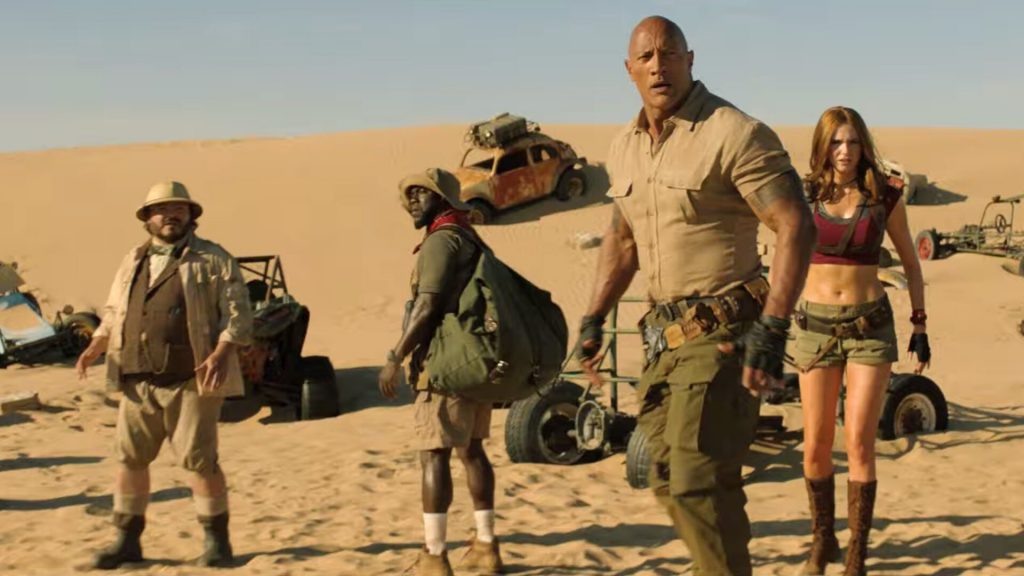
Finally… The Rock, has come back… to Jumanji!
Two years ago, “Jumanji: Welcome to the Jungle” released around Christmastime with relatively little hype and plenty of critical reluctance. It proceeded to shock the world with a nearly $1 billion box office haul. Audiences everywhere fell hard for contemporary changes that the sequel to Robin Williams’ 1995 film made – primarily the fact that its characters were stuck inside of a video game and not a board game, as in the original. The film also surprised by having its four primary characters – Spencer (Alex Wolff), Bethany (Madison Iseman), Fridge (Ser’Darius Blain), and Martha (Morgan Turner) inhabit the bodies of four avatars instead of playing the games as themselves. This gender-bending, personality-conflicting experience provided for hilarious comedy and the sequel does the same.
After saving Jumanji and returning to their lives with a new bond between them, the primary foursome has now graduated high school and are dealing with new challenges. Spencer and Martha are no longer dating and he, apart from the group due to attending college away from them in New York City, is experiencing a lack of confidence. In an effort to regain what he once felt while playing as Dr. Smolder Bravestone (Dwayne Johnson), Spencer pieces together the old broken console he’d kept hidden from his friends and makes the dangerous and reckless decision to go back inside of the game alone. Eventually, his crew follows him to Jumanji in an attempt to ensure he survives and bring him home, but Spencer’s grandfather Eddie (Danny DeVito) and his former restaurant co-owner Milo (Danny Glover) are accidentally sucked in as well.
Unfortunately for the returning players, not all goes as expected and they end up inhabiting different avatars than before. This fresh take allows for new interplay to exist between the foursome of Dwayne Johnson, Jack Black, Karen Gillan, and Alex Wolff. I don’t want to spoil who ends up playing who, but both the chemistry between this group and their comedic talents shine as they portray different personalities than what you’ve seen before. It is simply a joy to watch them interact with one another, making this the kind of film you smile and laugh out loud throughout.
The dynamic between Eddie and Milo is one of two old friends reconnecting after 15 years apart, trying to reconcile heated emotions around their different view of how their business venture ended, and it was my teenage son’s favorite part of the movie. Whether it was the veteran comedy duo of DeVito and Glover or the hilarious way in which other actors portrayed their avatars as if they were those two, the age and physicality differences provided for fresh new comic material that was incredibly funny. Also making her first appearance in the series is Awkwafina, who continues to prove that she can do no wrong. Every scene she’s in is a treat, and the multiple characters she acts out are incredibly entertaining and hilarious.
“Jumanji: The Next Level” succeeds by once again reinventing its formula for a modern-day audience to great effect. The twist on who inhabits which avatar not only provides a wealth of humorous possibilities but some quality heartfelt moments of relationship building as well. Again the group is on an exciting adventure that takes them to interesting new locations and throughout the film, it is obvious the writers have looked to incorporate as many elements of current era action-adventure games as possible. In one sequence midway through, characters must retrieve a special item and to do so requires wall-running, jumping, and platforming that is heavily inspired by the Tomb Raider games. Later, during the film’s climax, a brilliant sequence includes characters activating unique player abilities, a full-on cinematic set-piece akin to what you’d see in the Uncharted video game series, and an awesome boss fight complete with multiple stages. There is even one moment toward the end of the film where a major action scene had me expecting giant buttons to pop up on the big screen, indicating a quick-time-event was taking place. Non-gamers may not recognize these elements being in the story, yet the film stands on its own just fine without that knowledge because it’s so much damn fun. And for those who do understand game design and can see the clever ways it is implemented in this sequel, it truly elevates “Jumanji” to “The Next Level”.
If you go into this sequel expecting more of the same, you won’t be disappointed. This is a family-friendly adventure franchise that understands how to innovate while keeping the same creative tone that made it such a hit in the first place. Light on drama, heavy on action, with boatloads of fun and just enough emotional character development to make us care, “Jumanji: The Next Level” continues to break the Hollywood mold of disappointing reboots, remakes, and delayed sequels by providing an experience perfect for holiday enjoyment!
Rating:

Aaron White is a Seattle-based film critic and co-creator/co-host of the Feelin’ Film Podcast. He is also a member of the Seattle Film Critics Society. He writes reviews with a focus on the emotional experience he has with a film. Follow him on Facebook and Twitter to be notified when new content is posted.

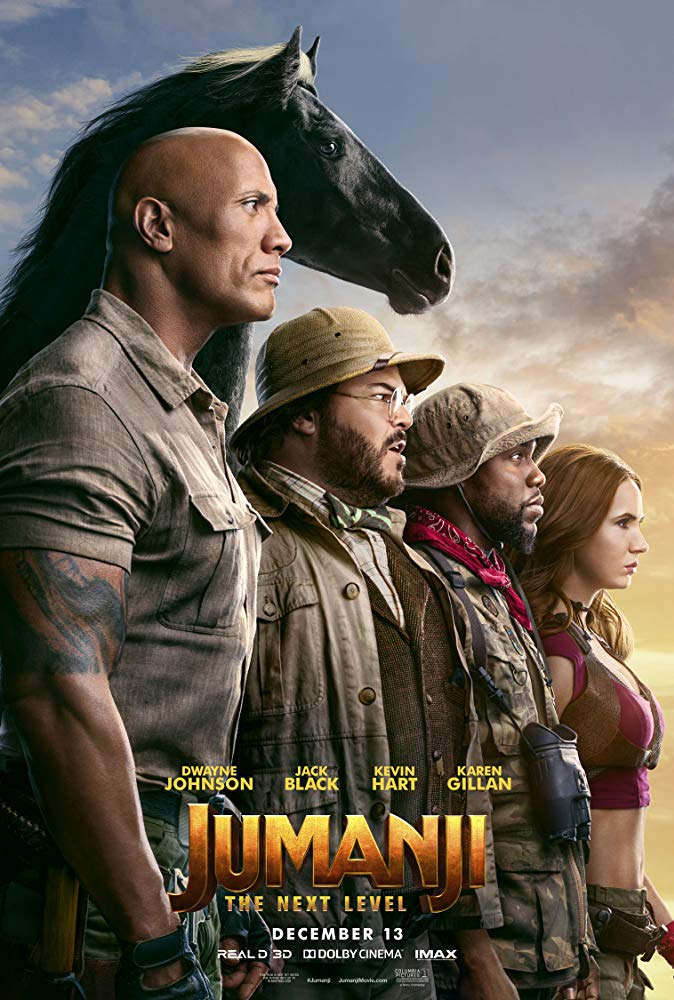
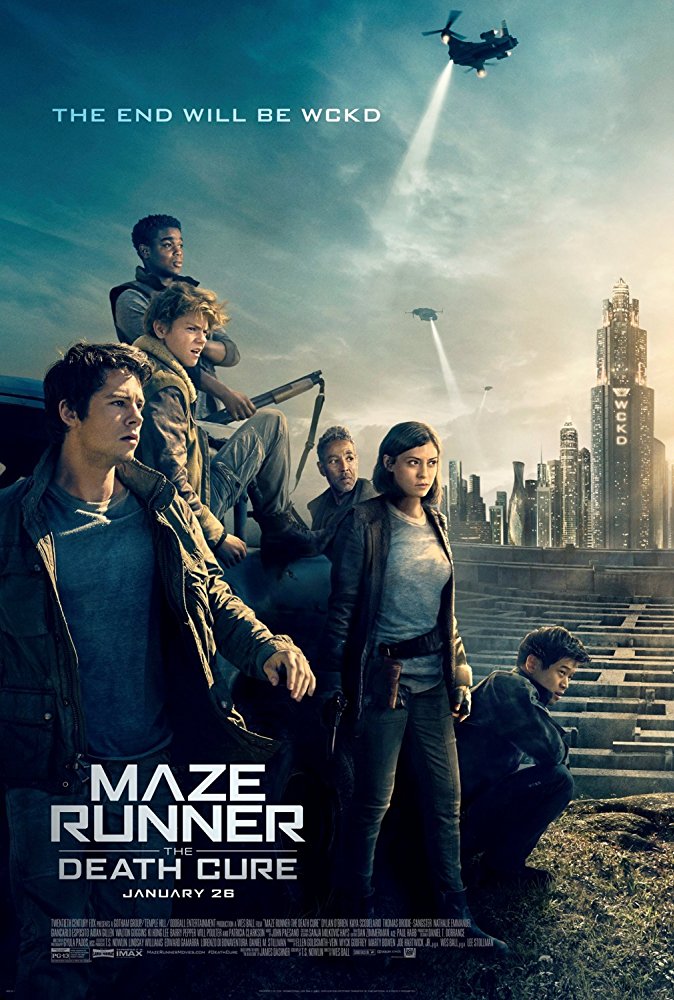
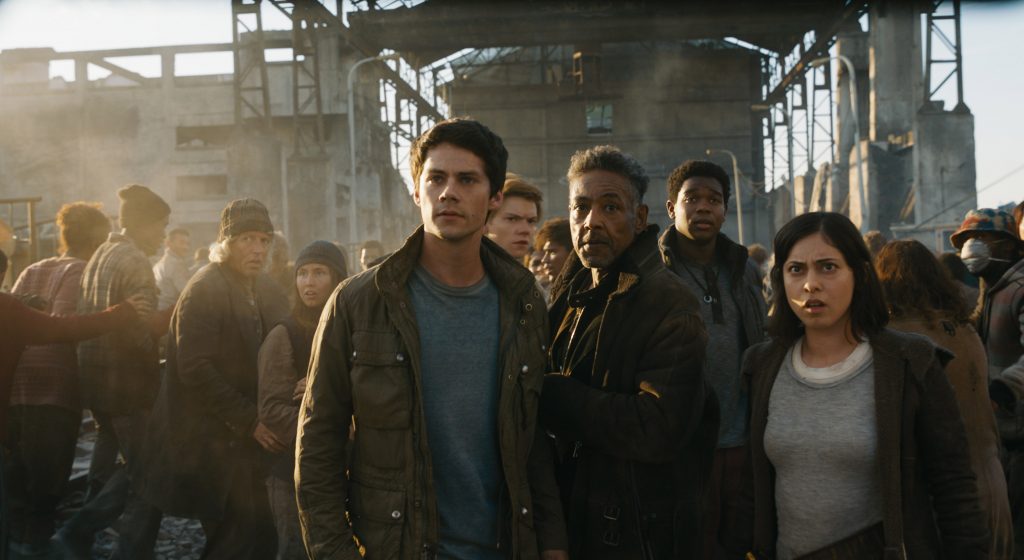
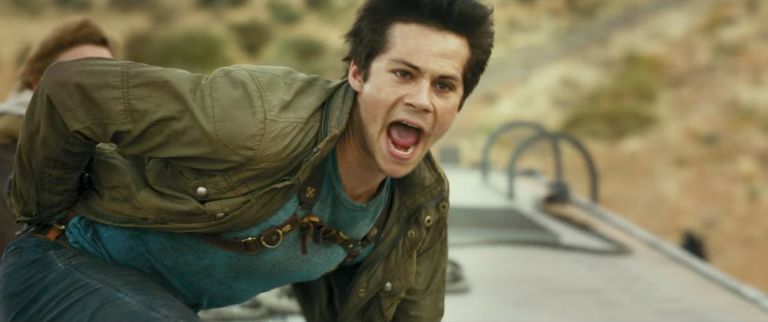
 Aaron White is a Seattle-based film critic and co-creator/co-host of the Feelin’ Film Podcast. He is also a member of the
Aaron White is a Seattle-based film critic and co-creator/co-host of the Feelin’ Film Podcast. He is also a member of the